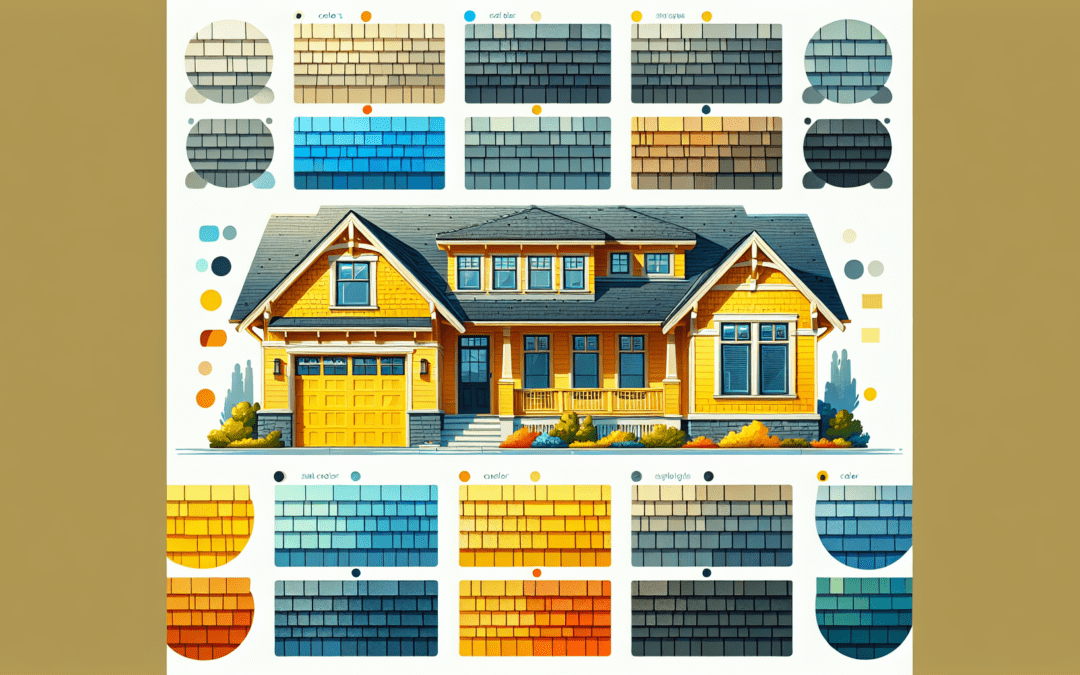
Choosing the Right Roofing Contractor: A Comprehensive Guide
When your roof needs fixing or a total makeover, finding the perfect person for the job can seem tricky. But don’t worry! With the right tips and a bit of know-how, you can pick a roofing contractor who will get the job done right. Here’s your guide to finding the best roofing expert for your home.
1. Start with Research
First things first, start by doing some homework. Look up roofing contractors in your area online, and see what people say about them. Websites with reviews can give you a good idea of what to expect. Also, asking your friends and family for suggestions can lead you to reliable contractors they’ve had good experiences with.
2. Check Their Paperwork
Once you have a few names, it’s time to make sure they’re legitimate. Good roofing contractors should have insurance and licenses that show they’re allowed to work in your area. Insurance is super important because it protects you in case something goes wrong while they’re working on your house. So, don’t be shy to ask them to show you proof of insurance and their license.
3. Experience Matters
The more experience a roofing contractor has, the better. You want someone who has seen and fixed all kinds of roofing problems. Ask them how long they’ve been in the business and try to get some examples of their past work. Seeing before and after pictures or talking to past clients can give you a good idea of what to expect.
4. Get Everything in Writing
Talking about the work and agreeing on it is one thing, but having everything written down is what really matters. A professional contractor will give you a contract that says exactly what work they’ll do, how much it will cost, and how long it will take. This way, there are no surprises for you or the contractor. And remember, never pay for the whole job upfront. It’s common to pay a part to start the job, but save the final payment until everything is done and you’re happy with it.
5. Don’t Forget About Warranty
A warranty is like a promise from the contractor that they stand behind their work. Ask about the warranty on both the materials they use and the work they do. This way, if something goes wrong after the job is done, you won’t have to pay out of pocket to fix it.
6. Communication is Key
Good communication is super important in picking the right roofing contractor. You want someone who answers your questions, gets back to you quickly, and keeps you updated on what’s happening with your roof. If a contractor is hard to reach from the start, this might be a red flag.
Finding the right roofing contractor might take a bit of effort, but it’s worth it to get your roof fixed right. Remember to do your research, check their credentials, look at their experience, get everything in writing, ask about warranties, and make sure communication is easy. Follow these steps, and you’ll be on your way to having a roof that’s as good as new.





